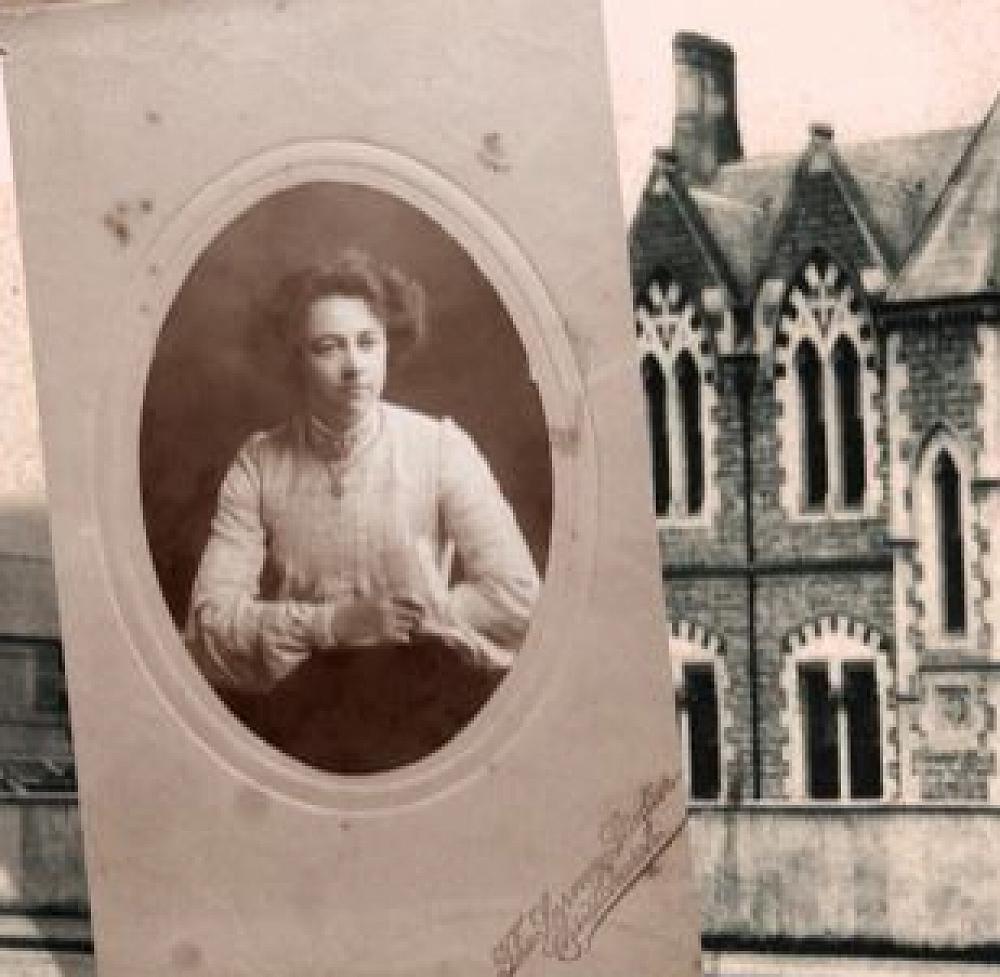
Principal's Message
Kia ora parents, caregivers and whānau
In the weekend on Anzac Day we remembered sacrifices made by all our Anzac soldiers and veterans. This is always an important day in our national life. Sometimes we do not hear as often the stories of women in the war both serving and at home. Christchurch Girls’ High School / Te Kura o Hine Waiora has an honours board in the foyer acknowledging old girls who served in both world wars.
I found this story about an old girl of the school who led a most interesting life and was a pioneer in medicine, serving in World War 1.
Jessie Ann Scott (1883–1959) was a notable New Zealand doctor, medical officer and prisoner of war.
Jessie Scott was born in Brookside, North Canterbury, New Zealand, in 1883 and attended Christchurch Girls' High School. She studied medicine at the University of Edinburgh, graduating MB ChB in 1909 and MD in 1912.
Scott remained in Edinburgh after her training and worked as the resident medical officer at the Edinburgh Hospital for Women and Children. She then became assistant medical officer to the London County Council for three years from 1910 to 1913. During this time she completed her MD thesis in public health. She returned to New Zealand in 1913 and practiced in Auckland.
In World War I she returned to the United Kingdom and volunteered for the Scottish Women's Hospitals for Foreign Service a unit staffed by women. She served in Serbia, where she was captured by the Austrians and kept a prisoner of war for four months, and later became a medical officer with the Serbian Army. Later in the war she worked with the Royal Army Medical Corps in Salonika and France. For her service in Serbia she was awarded the Order of St Sava 4th class by the Serbian government.
After the war Scott returned to London in 1920 where she did postgraduate work in gynaecology and paediatrics at the Chelsea Hospital for Women and the Victoria Hospital for Children, and worked for the London County Council as a medical officer.
In 1924 she returned to Christchurch where she worked as an obstetrician and gynaecologist in the public hospital. After being frustrated by obstructions from male colleagues she went into private practice.
Scott served on many organisations including the National Council of Women, the Federation of University Women, and the Women's War Service Auxiliary during World War Two. She became one of two vice-presidents of the Christchurch Branch of the New Zealand Medical Women's Association in 1954. She gave the first medical presentation to the branch on her experiences during World War One in the Scottish Medical Women's Hospital in Serbia.
Jessie Scott died in August 1959 in Christchurch.
Watch "Dr Jessie Scott Great War Story" here.
What an amazing woman! We can be proud of the long tradition at our school of producing strong and brave women who make a difference in the world. Our students will face some disappointments this year under pandemic restrictions. It may be helpful for them to think about sacrifices women who have trailblazed for us have endured and draw on those models for courage and hope during difficult times.
Kia kaha, kia māia, kia manawanui
Be strong, be brave, be steadfast.
Ngā mihi nui
Christine O’Neill
